Equity is everyone’s business, whether you are a manager in local government, DEI professional, or doing the work without the title.
This year’s theme: In DEI&B (Diversity, Equity, Inclusion, and Belonging) circles, "Keeping It Moving: The Power of Us" signifies the strength and effectiveness that comes from collective action, collaboration, and solidarity. It emphasizes the notion that sustaining meaningful progress towards equity, diversity, inclusion, and belonging is achieved when individuals, organizations, and communities come together to address systemic barriers, advocate for marginalized groups, and foster environments where everyone feels valued, respected, and included. Through this Summit, ICMA seeks to equip and inspire DEIB professionals and their supporters, encouraging them to stay the course, particularly important in the context of our current sociopolitical environment.
#ICMAMovestheNeedle
Schedule of Events
We’ll unpack pressing topics so that you have the tools and know-how to empower your staff and community.
- Day 1, Thursday, July 25
-
TIME (All times are ET) EVENT 11:00am – 11:10am Welcome
11:10am – 12:00pm
General Session
Charting the Course: Navigating with Innovative Strategies and Solutions (by Equity Officers)
Join us for a dynamic opening session where members of the first ICMA Equity Officer cohort will engage in a courageous conversation about the pressing challenges they face in their roles and what they’ve overcome since 2020. This session will delve into the complexities of navigating state and federal laws that impact equity and inclusion efforts within cities and counties. Discover the innovative strategies and solutions these trailblazers are implementing to foster equitable communities in the face of evolving legislative landscapes.
Panelists:
Jonathan Butler, Community Development and Diversity, Equity and Inclusion Leader, SVP Community Development - Partner Tulsa
Aimee Kane, Equity Officer, Office of Equity and Belonging, City of Boulder, Colorado
Manisha Paudel, Chief Equity Officer, City of Des Moines, Iowa
Aleea Slappy-Wilson, Chief Diversity, Equity, and Inclusion Officer, City of Norfolk, Virginia
12:00pm – 12:15pm Break 12:15pm – 1:15pm Engaging the Growing Anti-DEI Movement: What is the Best Way Forward for your Community?
This session will first review the wicked problems lens and the relevant social psychology as a mechanism to de-polarize issues and find ways to shift engagement from problematic adversarial to promising collaborative modes. We will then review the development of anti-DEI strategies and consider a range of alternatives that pro-DEI advocates should consider that utilize the wicked problems lens.
Speaker:
Martín Carcasson, PhD; Professor in the Communication Studies department of Colorado State University, and the founder and director of the CSU Center for Public Deliberation (CPD)
12:15pm – 1:15pm
Building a Culture of Belonging at the Municipal Level
As governments engage in DEI work, many have come to realize that inclusion alone isn't enough: a sense of belonging is essential in order to foster community and sustain equity efforts long-term. When a community has a culture of belonging, individuals experience increased access to social capital and a sense of psychological safety. Further, when individuals feel that they belong, they show a greater sense of obligation to their community, which can in turn fuel future efforts to address issues of diversity, equity, inclusion, and belonging.
Join representatives from Morgan Hill and Sunnyvale, California as they share how their communities have fostered belonging among both municipal staff and residents by elevating individuals' stories to bridge gaps and build relationships. Topics covered will include strategies to build a culture of belonging in the context of limited resources, how to tackle these initiatives with an asset-based approach, and how this work, when done correctly, can be self-sustaining.
Morgan Hill's Path to a Better Future: Diverse Voices on Affordable Housing
In a collaborative effort to build a stronger, more inclusive community, Morgan Hill gathered diverse local residents to discuss the crucial connection between affordable housing and a thriving community. The insightful conversations explored the challenges and opportunities surrounding housing affordability, economic mobility, and fostering a sense of belonging for all residents. The City aims to harness these diverse perspectives to create a path toward upward mobility for all community members, ensuring everyone has access to safe, affordable housing and the opportunity to succeed.
Sunnyvale's Workplace Belonging Initiatives
Sunnyvale's work involves three key initiatives: the Allyship Learning Club, Unveiling Our Talent, and the Growing Forward Newsletter. Each of these endeavors has been meticulously designed to foster a sense of belonging and promote allyship within Sunnyvale's organization. Over the past 11 months, both qualitative and quantitative data have shown these programs to be effective in their goals. Sunnyvale aims to leverage these data to refine and enhance the city's DEI Action Plan moving forward. By measuring progress over time and incorporating insights gleaned from this feedback, Sunnyvale strives to continually evolve and advance its efforts in creating an inclusive and supportive workplace environment for all.
Speakers:
Fernanda Perdomo-Arciniegas, MPA, Equity, Access, and Inclusion Manager for Sunnyvale, CA
Rebecca Garcia, Housing Director for Morgan Hill, CA
Michelle Bigelow, City Clerk and Public Information Officer for Morgan Hill, CA
1:15pm – 1:30pm Break 1:30pm – 2:30pm
Using AI to Promote Equity: Opportunities, Challenges, and Risks for Local Government
Are you a local government practitioner or equity leader interested in using AI to promote equity in your community? Municipalities across the country are using AI to expand language accessibility, improve public transportation, and more. As they leverage the benefits of AI, local governments must also grapple with complicated questions around AI risk and governance. In this session, you will learn how local governments can use AI to improve equitable outcomes and the opportunities, challenges, and risks involved.
Learning Objectives:
- Gain a realistic understanding of the capabilities and limitations of AI tools
- Understand the potential opportunities AI offers local governments
- Understand the risks involved with using AI to address equity issues
- Build their toolkit for thinking about AI governance and risk mitigation
- Learn about common use cases for AI in local government
Speaker:
Leila Doty, Privacy & AI Analyst, City of San José, California
1:30pm – 2:30pm Chasing the Gold Standard: Promising Strategies for Organizational DEI Success
The current DEI movement has roots dating back to the 1960’s, and continues to be an evolving struggle for change. Since the Civil Rights Movement, change-makers have strived to integrate and sustain equity into the fabric of our systems and society. Like many local government agencies, Wake County is on a similar journey to create meaningful change and standardize best practices for DEI implementation. This session will highlight Wake County’s DEI journey to create lasting organizational DEI impact through the use of implementation science principles. From inception to strategy implementation, this session will offer practitioners strategies to amplify that DEI is not a “feel” – it is a “field.”
Learning Objectives:
- Build fluency on the tenets of implementation science;
- Learn sustainable strategies for organization- wide DEI implementation; and
- Co-define what it means to be a “gold standard” for DEI implementation.
Speakers:
QuiAnne’ Holmes, Diversity, Equity & Inclusion Consultant, County of Wake, North Carolina
Molly Marcotte, Diversity, Equity & Inclusion Consultant, County of Wake, North Carolina
Danya Perry, Director, Office of DEI, County of Wake, North Carolina
2:30pm – 2:45pm Break 2:45pm – 3:45pm
Advancing Equity in Public Works and Parks & Rec
This will be a facilitated discussion between City of Des Moines' Chief Equity Officer, Public Works Director (PWD) and Parks & Recreation Director (PRD). PWD and PRD will each highlight their own unique ways of advancing equity within their what's "typically" a blue-collar workforce and what's "traditionally" seen as one of the core municipal services. Both PWD and PRD will also share the importance of leadership commitment and continuous normalizing of equity as a core and the backbone of all of our work. This presentation will bring perspectives from those that typically are not seen as the champions of equity but have been supporting the equity office in Des Moines for nearly seven years by helping normalize, organize, operationalize and visualize equity.Learning Objectives:
- How leadership and intentional efforts of advancing equity in offices that are typically not seen as the drivers of equity practices impacts the long-term vision for equity.
- Tools and techniques leaders in public works and parks and recreation departments utilize to continue to not only advance equity but actively eliminate existing inequities.
Speakers:
Jonathan Gano, Director of Public Works, City of Des Moines, Iowa
Ben Page, Director of Park and Recreation, City of Des Moines, Iowa
Manisha Paudel, Chief Equity Officer, City of Des Moines, Iowa
2:45pm – 3:45pm
Utilizing the Arts to Build a Just, Multiracial Democracy: An Overview of the Cultural Week of Action on Race and Democracy
The arts can reveal the truth of our past and present, bridge divides, and allow us to see what is not yet realized in the world. In concert, government practitioners embedded in arts and culture offices and those who incorporate the arts within program and service delivery are connectors and catalysts sparking critical conversations and creatively driving systemic change to build systems for a more just an equitable future. The arts are an essential, but underutilized, tool that can bring together our fractured communities in surprising and innovative ways. Because of this Race Forward has partnered with Americans for the Arts on the launch of the Cultural Week of Action on Race and Democracy. Together with local arts and culture institutions and government offices of arts and culture, the Cultural Week of Action will feature events that spark conversations focused on history, how it shapes our present, and how everyday people are organizing to build an equitable and racially just future. The goal of the events is to inspire action that community members can take together to create a truly, just, multiracial democracy—starting in their own neighborhoods.
In this interactive session, Janine Christiano, GARE Director of Strategic Partnerships and Cultural Week of Action Committee Member, will give a brief overview of the impact of arts in the United States, lead participants in an art engagement designed for government racial equity practitioners, and highlight projects, organizations, and artists across the country that are utilizing the arts to promote democracy, racial equity, and coming together.
Learning Objectives:
- Utilize art strategies to spark conversations in their community for collective action.
- Provide concrete examples of creative engagements around challenging subjects.
- Ideas for how city and county managers can engage in the Cultural Week of Action.
Speaker:
Janine Christiano, GARE Director of Strategic Partnerships, Race Forward GARE (Government Alliance on Race and Equity)
Martine Phillipe, Director of the Office of Arts & Culture, City of Dallas, Texas
Iv Amenti, Director, Fine Arts, St. Philips School and Community Center
2:45pm – 3:45pm Lead with Heart and Mind: Embracing Inclusive Leadership
In today's world, where remote work and life demands go hand in hand, leaders play a crucial role in creating an environment where everyone feels trusted, valued, and safe. This session is tailored for leaders, managers, and decision-makers who want to grow and practice inclusive leadership. We'll dive into the importance of understanding our natural tendency to gravitate toward what's familiar and avoid differences. Learn how intentionally embracing differences can lead to a more inclusive workplace.
This hands-on session will uncover the secrets to becoming an inclusive leader, a vital skill for building a thriving organization in our ever-changing professional landscape. We'll also discuss how one can become an anticipatory leader, developing the ability to anticipate the future rather than to react.
In the world of leadership, titles may provide authority, but it is the heart and compassion of a leader that truly influence and inspire.
Learning Objectives:
- Identify strategies to become a more inclusive leader.
- Develop the capacity to help others recognize their personal biases and assumptions, which can hinder inclusion, fairness, and overall performance.
- Gain confidence in using language, adopting mental frameworks, and honing cultural competency to facilitate constructive conversations that leverage diverse perspectives and backgrounds, fostering innovation in your Workplace.
Speaker:
Jonah Ssenyange, Founder and CEO, Nthusa Consulting Group
3:45pm – 4:00pm Break 4:00pm – 5:00pm
A Playbook for Increasing Engagement through Community-Based Organizations
Community-Based Organizations (CBOs) have long been a critical element in fostering equitable and inclusive community engagement in our communities. Research conducted by PublicInput shows that residents are more likely to engage when approached through groups they affiliate with, highlighting the importance of partnering with CBOs to build trust and increase engagement, especially among underrepresented communities. However, local governments often struggle to effectively manage these relationships, hindering their reach and risking eroding trust.
This educational session offers a practical playbook for cities and counties to develop and manage partnerships with CBOs, emphasizing the role of these organizations as drivers of engagement and providing tools to promote equity and inclusion. In this engaging session, speakers will discuss:
- The benefits of partnering with CBOs + Strategies for finding, recruiting, and retaining community leaders affiliated with CBOs to amplify voices and ensure representation.
- Methods for measuring the impact of CBO partnerships on engagement efforts, with a focus on reaching underrepresented communities and assessing equity outcomes.
- Practical tools and approaches for centralizing and managing relationships with CBOs to promote transparency, accountability, and community empowerment.
Learning Objectives:
- Understand strategies for finding, recruiting, and retaining community leaders affiliated with CBOs to broaden engagement reach and ensure representation.
- Learn methods for assessing the impact of CBO partnerships on overall engagement efforts, with a focus on equity and inclusion metrics.
- Explore practical tools and approaches for centralizing and managing relationships with CBOs, reducing dependence on institutional knowledge and fostering transparency and collaboration.
Speaker:
Graham Stone, Co-founder and VP of Government Relationships, PublicInput
Angelica Tyler, Communications Specialist, County of Buncombe, North Carolina
4:00pm – 5:00pm
Fostering Health Equity in Urban Policy: Richmond’s HiAP Strategy
This session will examine how Richmond, California, emerged as a leader by adopting a Health in All Policies (HiAP) ordinance and strategy in April 2014. This approach integrates health and social equity into city policy making decisions and program implementation, establishing Richmond as a model for future-oriented, equitable urban development. Join our diverse panel, featuring key figures from Richmond’s City Government, County Health Department, and a University Partnership, as they share insights from over a decade of HiAP implementation. Attendees will understand deeply how this strategy serves as a blueprint for cities to embed health equity into their governance, ensuring sustainable and inclusive urban environments.
Learning Objectives:
- Identify tools and strategies for integrating health and equity considerations into municipal policies and programs to benefit all community segments, especially vulnerable groups.
- Create methodologies for creating and implementing health equity policies within local government frameworks in collaboration with community based organizations and residents.
Speakers:
Gabino Arredondo, Executive Director, Richmond Housing Authority, City of Richmond, California
Shasa Curl, City Manager, City of Richmond, California
Jason Corburn, Professor & Director, Center for Global Healthy Cities, UC Berkeley, California
Shannon J. Ladner-Beasley, Contra Costa Health Equity Manager, Office of the Director, Contra Costa Health Services
- Day 2, Friday, July 26
-
TIME (All times are ET) EVENT 11:00am – 11:10am Welcome 11:10am – 12:00pm
General Session
The Honeymoon Is Over: Utilizing Creativity to Maintain Equity Initiatives in an Anti-DEI Climate
During the pandemic and after the murder of George Floyd, organizations and government entities around the country awakened to the need to address the inequities that were plaguing their communities. Since then, however, those awakened persons have gone back to sleep and there has been a sizable pushback against programs, positions, and offices created to address historical wrongs to advance all communities. This keynote address will discuss what those in DEI positions can do to be more creative at addressing inequities and creating equitable policies and practices in an environment where people do not want or even resist change. Joshua V. Barr will give examples of the creative steps he and his team took during his time as the Director of the Des Moines Civil & Human Rights Commission leading the city's initial equity work and his ongoing consulting work around the country convincing elected and appointed representatives to do work on behalf of the greater community that they may not have wanted to do.
Keynote Speaker:
Joshua V. Barr, Esq., Chief Strategist and President, Raising the Barr, LLC
12:00pm – 12:15pm Break
12:15pm – 1:15pm
Canceled
From Resolution to Resolve: Building Organizational Capacity to Implement Racial Equity Action Plans12:15pm – 1:15pm
CAO Track
Institutionalizing Equity and Belonging in Local Government with the Power of Data
Discover practical strategies to embed racial equity in local government through the power of data. Drawing from Boulder's Equity Data Initiative, attendees will gain insights into:
- Crafting data-focused racial equity plans, conducting departmental equity assessments, and employing job aids for data-driven decision-making.
- Explore the effectiveness of Diversity, Equity, and Inclusion programs measured through surveys and feedback.
- Dive into assessing institutional practices to foster practical application of racial equity principles within departments.
- Explore the concept of decolonizing data, emphasizing community involvement in data collection, analysis, and ownership to enhance equity outcomes and foster a sense of belonging.
This session will inspire participants to leverage data as a tool for transformative change, fostering environments of inclusivity and equity within governmental institutions.
Learning Objectives:
- Learn to build resources to guide data usage in equity practice
- Learn to use data to evaluate the effectiveness of your programs
- Understand the concept of data decolonization
Speaker:
Ana Silvia Avendano-Curiel, Equity Policy Advisor, City of Boulder, Colorado
Stew LaPan, Senior IT Business Analyst, City of Boulder, Colorado
1:15pm – 1:30pm Break
1:30pm – 2:30pm
Building #Belonging from the Ground Up.
Over the past three years, Washoe County, NV has embarked on an intentional path of building a culture of belonging for sustainable DEIB initiatives and to meet the needs of our community which has seen significant growth in diversity over the past decade. This presentation will take participants through our comprehensive approach to move the needle through community outreach, strategic planning, modernizing recruitment, employee development and engagement and building cultural awareness.
Learning Objectives:
- Learn a model to organically build belonging into an organization's culture.
- Learn actionable (and easy) steps that can be taken to build a sustainable DEIB program.
- Learn how a compliance-based language access plan can help move the needle.
- Learn practical tips for establishing DEIB programs in majority white organizations and regions whose populations are rapidly changing.
Speakers:
Elizabeth Jourdin, HR Manager, Equity and Organizational Effectiveness, County of Washoe, Nevada
Kelly McBride, HR Program Analyst, County of Washoe, Nevada
1:30pm – 2:30pm
Creating Your Democracy Plan: Evidence-Based Strategies That Boost Civic Health
Community leaders globally seek meaningful ways to amplify diverse voices in decision-making. The Local Policy Lab (LPL) offers tailored Comprehensive Democracy Plans for cities. These plans integrate evidence-based strategies like voter engagement and civic assemblies. LPL aids cities in implementing and piloting these innovations. This 60-minute session covers:
- Civic Assemblies' role in collaborative, inclusive policy decisions.
- Voter engagement's role in bolstering local democracy.
- Enhancing cities' listening abilities for reflective governance. Insights from Healthy Democracy and LPL, two nonprofits at the forefront of democratic innovation in the United States (and potentially a third organization or LPL Network city), are featured.
- At the end, both Healthy Democracy and LPL will elaborate on ways to support cities further—whether hosting a civic assembly or curating their own Democracy Plan.
Learning Objectives:
- Distinguish between the core values and structure of a Civic/Citizens’ Assembly as compared with traditional forms of civic engagement.
- Describe the benefits of using a democratic lottery to select community participants in public policy engagements.
- Understand different strategies local governments (working in collaboration with organizations and residents) can use to improve resident engagement and strengthen democratic institutions.
- Articulate the importance of centering local government in democracy work.
Speakers:
Alex Renirie, Program Co-Director, Health Dmocracy
Laura Wood, Vice President of Democracy, The Local Policy Lab
2:30pm – 2:45pm Break 2:45pm-3:55pm
General Session
Identifying Highest Impact Practices and Centering Communities for Equitable Municipal Budgets
Local governments can have a lasting and significant impact on equity creation for all residents of their communities. The budget is one of the most powerful tools for influencing change. This session will explore the key themes, trends, and best emerging practices for municipal budgeting for equity actively being deployed by cities across the United States. We’ll focus on a case study shared by Community Connectors-in-Residence, demonstrating how they transformed the City of Boulder’s annual budget cycle by centering the experiences of historically excluded communities, co-designing culturally-proficient education and engagement sessions with staff, and welcoming public participation as early as possible in the budget process.
Learning Objectives:
- Understand how peer cities and counties across the US are developing and funding equity focused programs and initiatives
- Obtain a blueprint to borrow emerging best practices in budgeting for equity to implement in their own cities and counties
- Understand strategies for co-designing community engagement processes, with fewer participation barriers, in partnership with members of historically excluded communities
- Understand the City of Boulder’s Community Connector-in-Residence model, their engagement work with the city’s annual budget cycle, and tangible examples of how this program supports more equitable city decision-making
Speakers:
Ana Silvia Avendano-Curiel, Equity Policy Advisor, City of Boulder, Colorado
Lenora Cooper, Community Connectors-in-Residence, City of Boulder, Colorado
Chris Fabian, Senior Director of Product Strategy, Priority-Based Budgeting, Tyler Technologies
Ryan Hanschen, Community Engagement Manager, City of Boulder, Colorado
Adriana Paola Palacios Luna, Community Connectors-in-Residence, City of Boulder, Colorado
4:00pm-5:00pm
Fostering Meaningful Community Collaboration: Tackling Emerging Topics Through Deep Partnership
In today's rapidly evolving landscape, challenges like climate change, policy shifts, and the rise of AI are reshaping communities worldwide. Addressing these complex issues requires a collaborative approach that taps into the collective wisdom and lived experiences of local stakeholders.
This session will explore strategies for fostering meaningful partnerships with community-based organizations, moving beyond superficial outreach to co-creating impactful solutions. Speakers from the International Economic Development Council will share insights from their Equitable Economic Development Toolkit, highlighting intentional community engagement strategies that drive inclusive and sustainable progress.
Learning Objectives:
- Understand strategies for intentional and equitable community engagement from the International Economic Development Council's Equity Economic Development Playbook.
- Learn ways to foster collaboration between organizations and local communities to address complex emerging issues.
Speakers:
Emily Brown, Senior Director of Knowledge Management, The International Economic Development Council
Kambiana Crank, Economic Development Associate, The International Economic Development Council
Mignonne D. Hollis, Executive Director, Arizona Regional Economic Development Foundation
4:00pm-5:00pm Youth Excel: Economic Mobility & Workforce Development Planning with and for Youth
Economic mobility is out of reach for too many young Americans. Since the Great Recession, nearly 95 percent of all new jobs have gone to workers with at least some college education. The economic disruptions from the COVID-19 pandemic are following a similar pattern. City leaders, including mayors, city councils, city managers, and equity officers are well-positioned to respond to the structural barriers that prevent low income, Black, and brown youth from accessing and maintaining quality, living wage jobs. Learn from the National League of Cities (NLC) about strategies that work to advance economic mobility for young people and hear examples from cities that have put these practices into action.
Learning Objectives:
- Explain the role of equity and economic mobility in economic development planning and goals.
- Communicate how and why to center youth in economic development strategies.
- Develop, vet, or identify communities of practice related to economic mobility and equity.
Speakers:
Brianna Evans, Equity & Inclusion Officer, City of Redwood City, Califonia
Tashfia Hasan, Senior Program Specialist, National League of Cities
MEET THE SPEAKERS
From equity and inclusion experts to visionary thought leaders, our speakers provide fresh perspectives and bold takeaways for moving the needle forward.
Welcome presented by
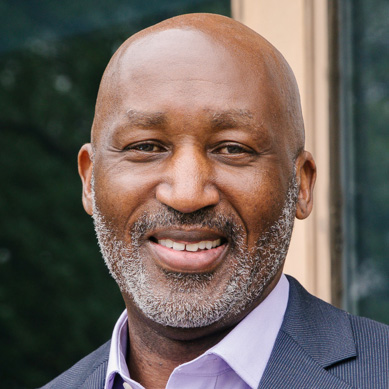
Marc Ott
CEO/Executive Director, ICMA
Thursday Keynote Speakers
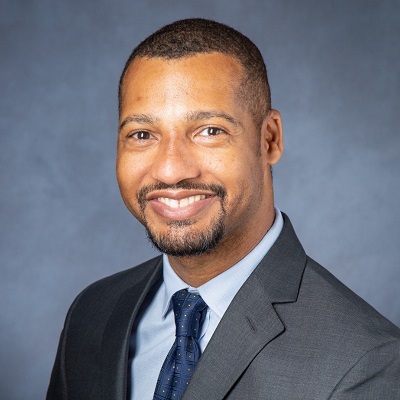
Jonathan Butler*
Community Development and Diversity, Equity and Inclusion Leader, SVP Community Development - Partner Tulsa
PartnerTulsa
City of Tulsa, OK
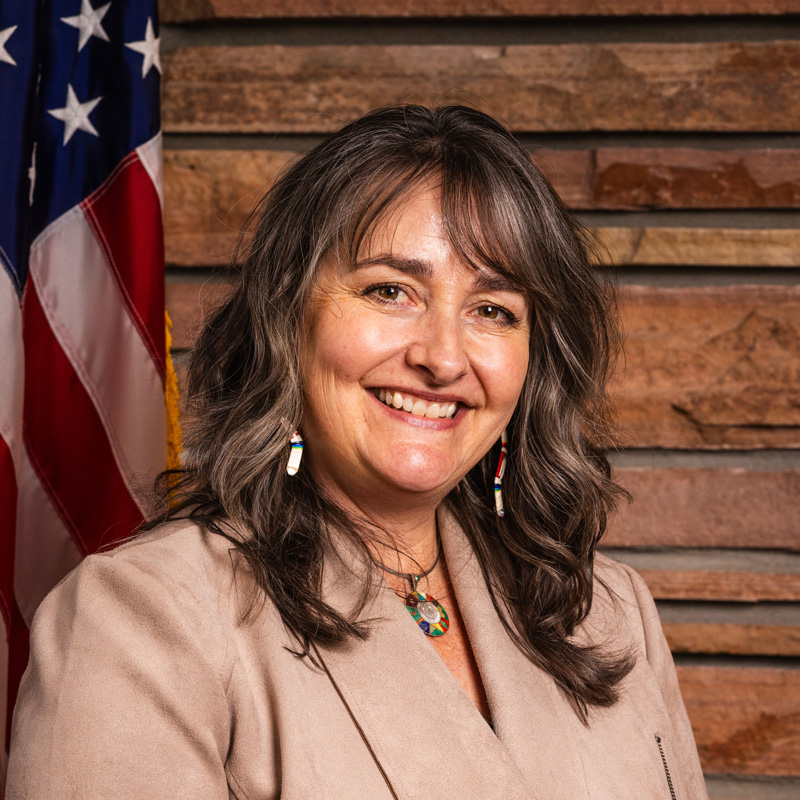
Aimee Kane*
Equity Officer, Office of Equity and Belonging
City of Boulder, CO
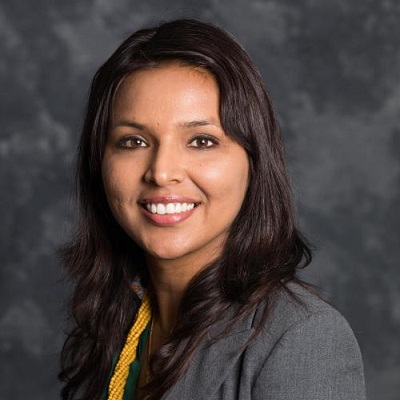
Manisha Paudel*
Chief Equity Officer
City of Des Moines, IA
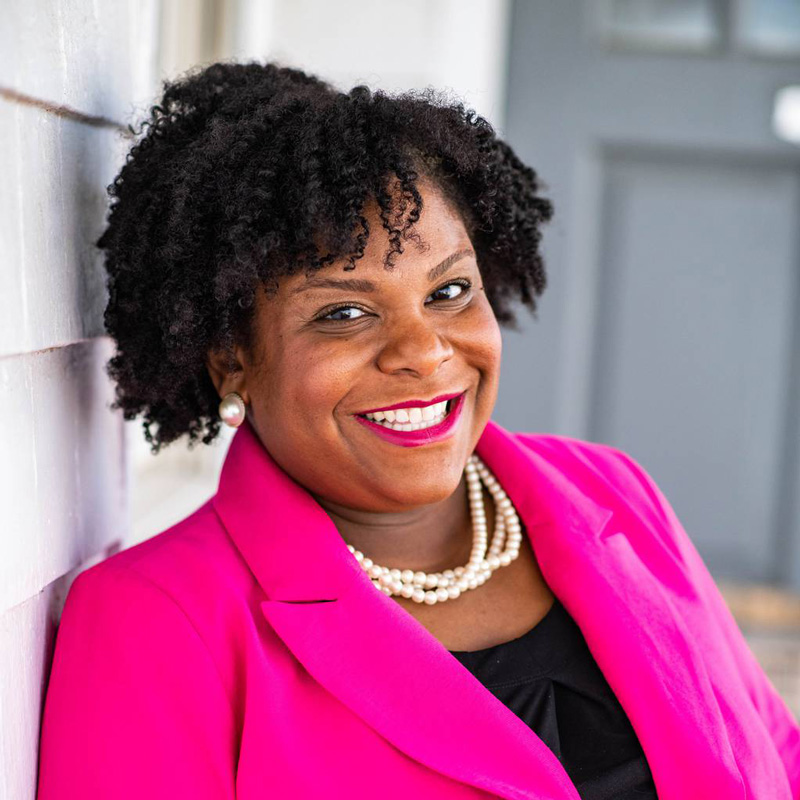
Aleea Slappy Wilson*
Chief Diversity, Equity and Inclusion Officer
City of Norfolk, VA
Friday Keynote Speaker
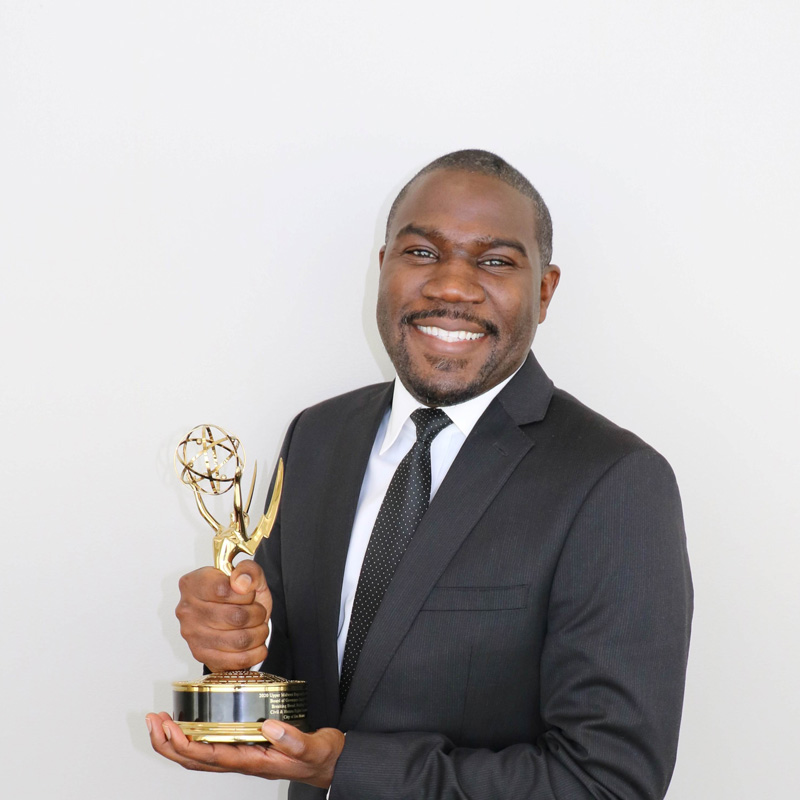
Joshua Barr
Chief Strategist, President and Founder,
Raising the Barr, LLC
Education Session Speakers
* denotes member of ICMA Equity Officer Institute
** denotes member of ICMA/Kettering/NCL Leadership Institute on Race, Equity, and Inclusion

Iv Amenti
Director, Fine Arts
St. Philips School and Community Center
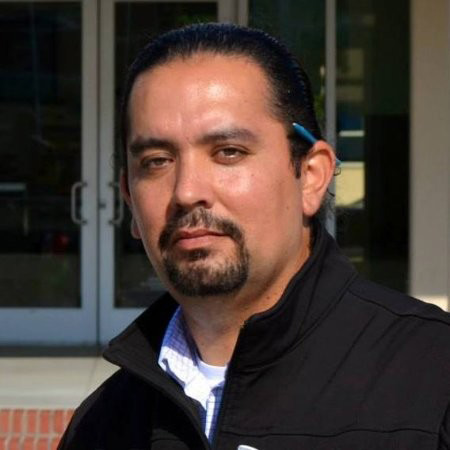
Gabino Arredondo
Richmond Housing Authority Executive Director
City of Richmond, California
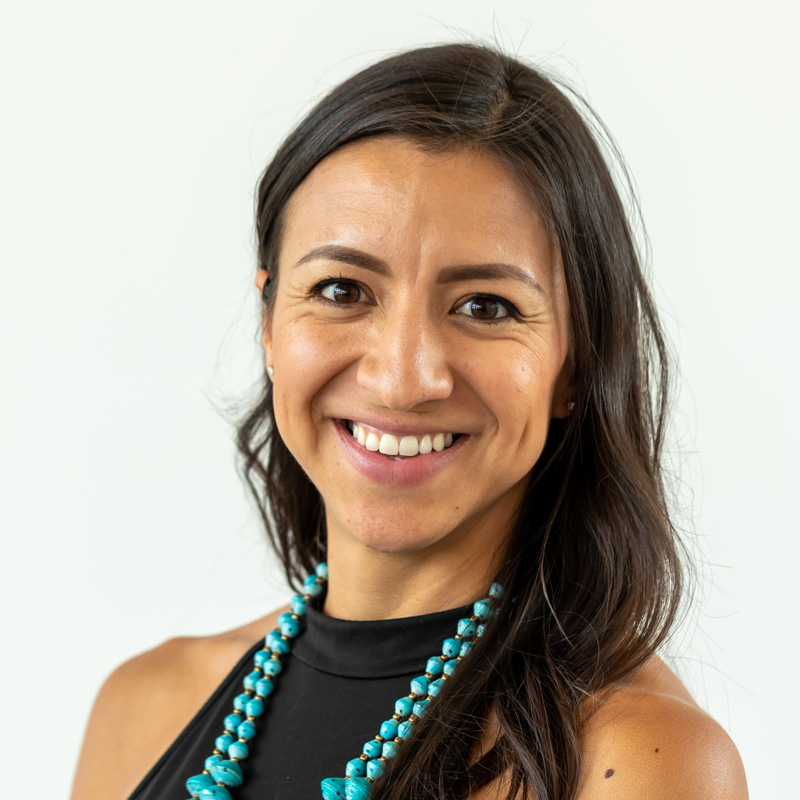
Ana Silvia Avendano-Curiel
Equity Policy Advisor
City of Boulder, Colorado
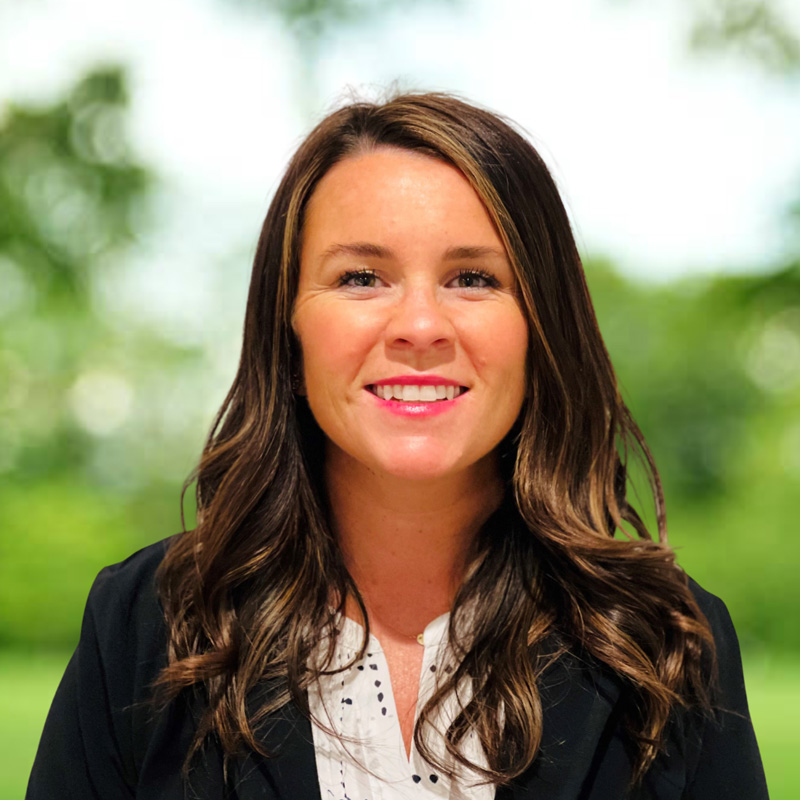
Michelle Bigelow
City Clerk and Public Information Officer
Morgan Hill, California
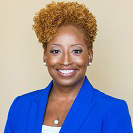
Tanisha Briley
City Manager
City of Gaithersburg, Maryland
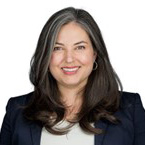
Emily Brown
Senior Director of Knowledge Management
The International Economic Development Council
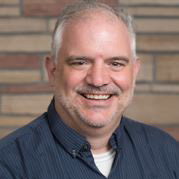
Martin Carcasson
Professor, Communication Studies Department Director, CSU Center for Public Deliberation
Colorado State University
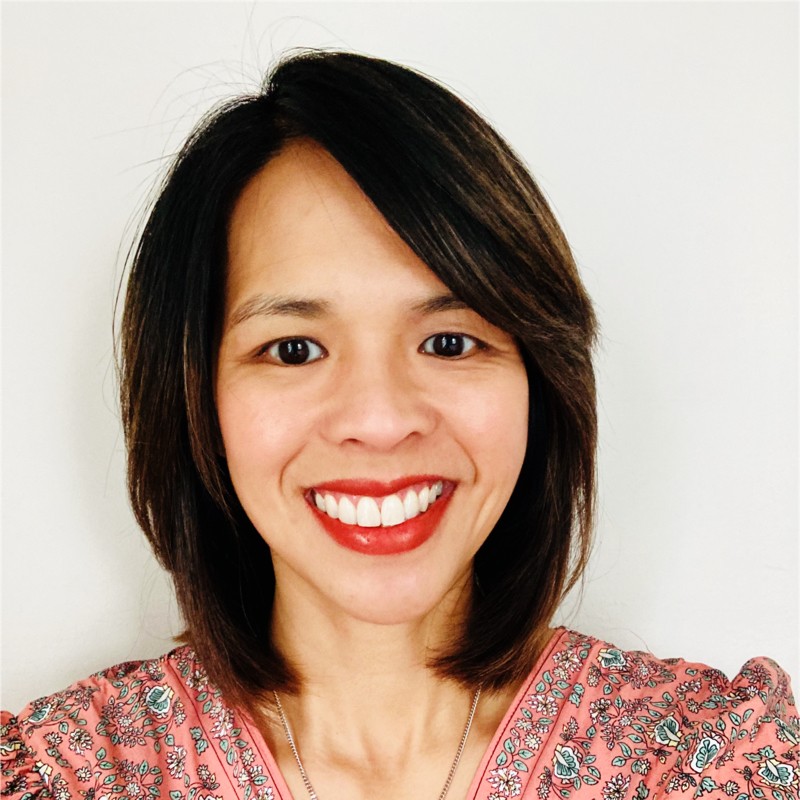
Janine Christiano
GARE Director of Strategic Partnerships
Race Forward GARE (Government Alliance on Race and Equity)
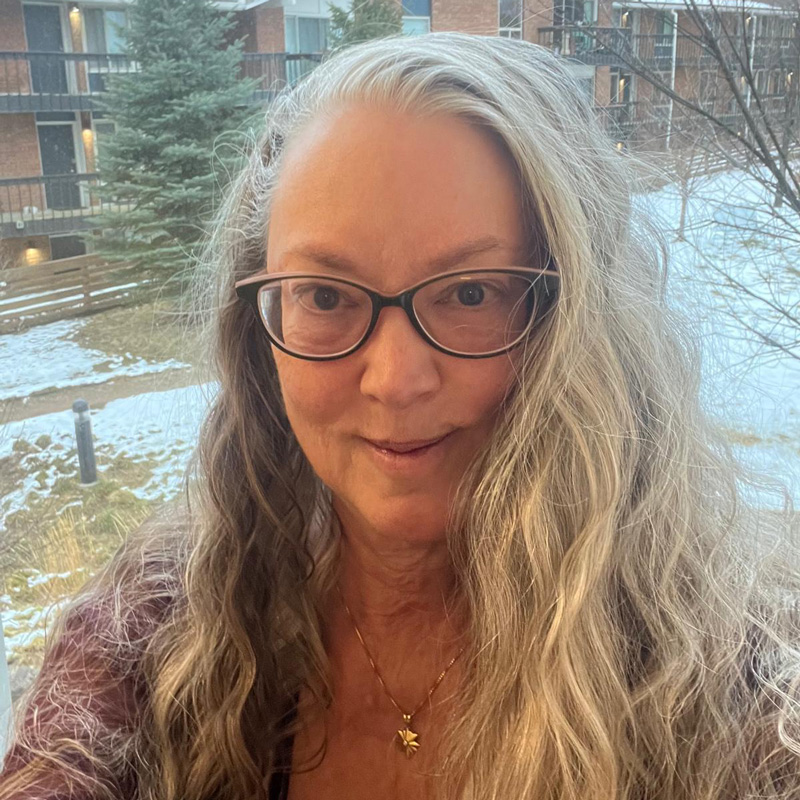
Lenora Cooper
Community Connectors-in-Residence
City of Boulder, Colorado

Jason Corburn
Professor & Director
Center for Global Healthy Cities
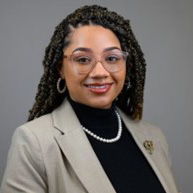
Kambriana Crank
Economic Development Associate
The International Economic Development Council
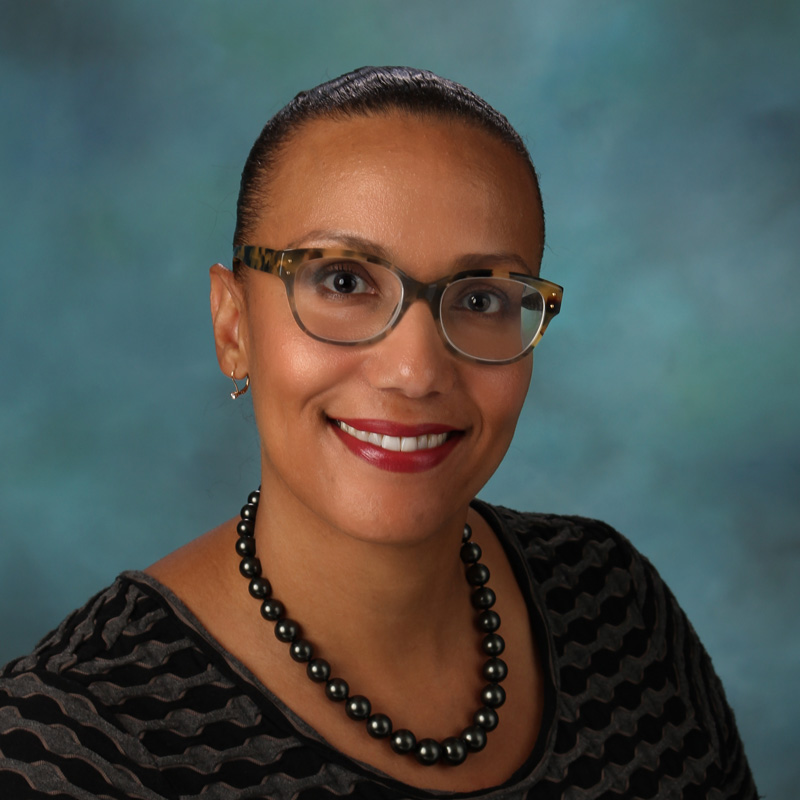
Shasa Curl
City Manager
City of Richmond, California
![]()
Linn Davis
Program Co-Director
Healthy Democracy
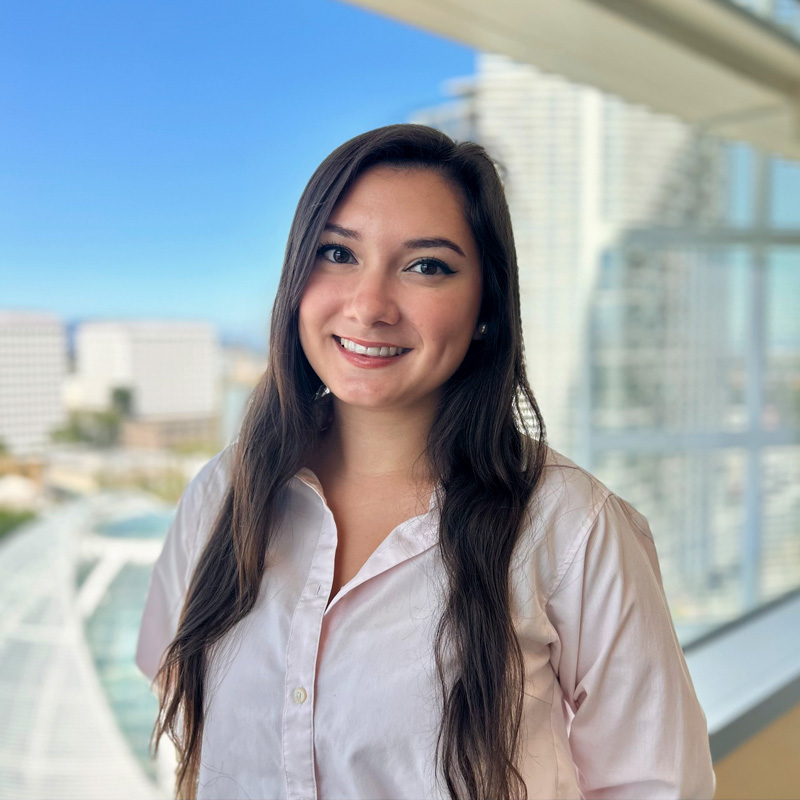
Lelia Doty
Privacy & AI Analyst
City of San Jose, California
![]()
Briana Evans
Equity & Inclusion Officer
City of Redwood City, California
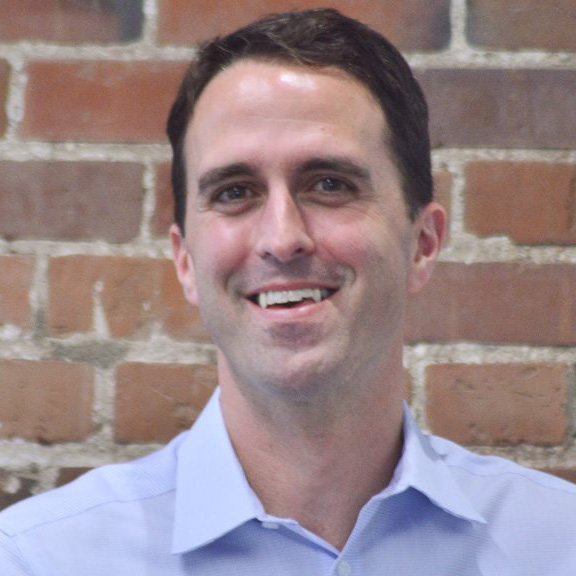
Chris Fabian
Senior Director of Product Strategy - Priority Based Budgeting
Tyler Technologies
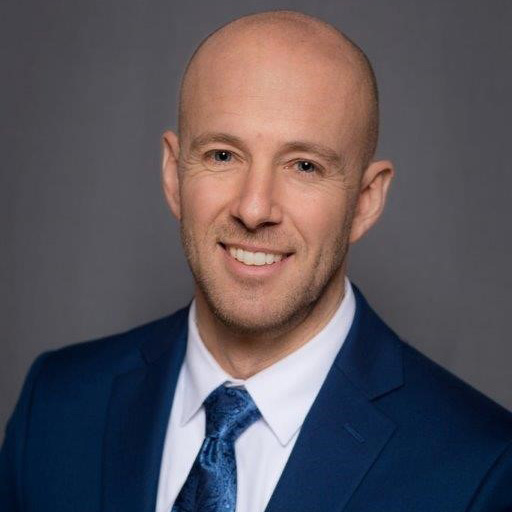
Jonathan Gano
Public Works Director
City of Des Moines, Iowa
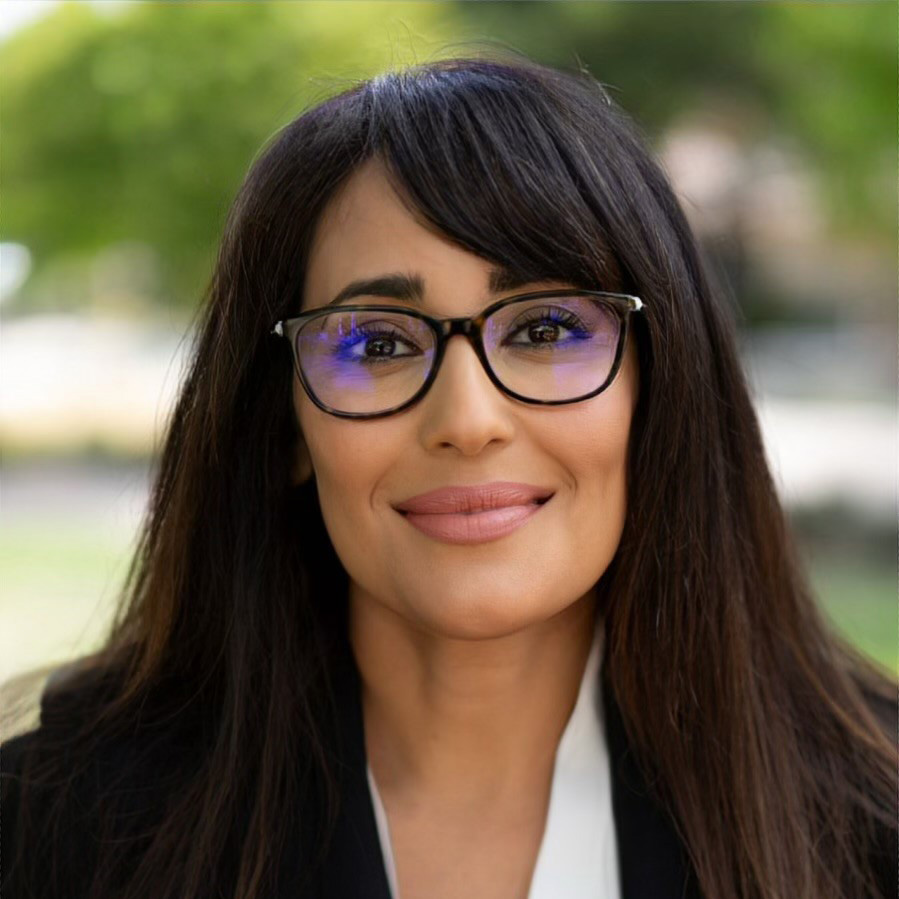
Rebecca Garcia
Housing Director
Morgan Hill, California
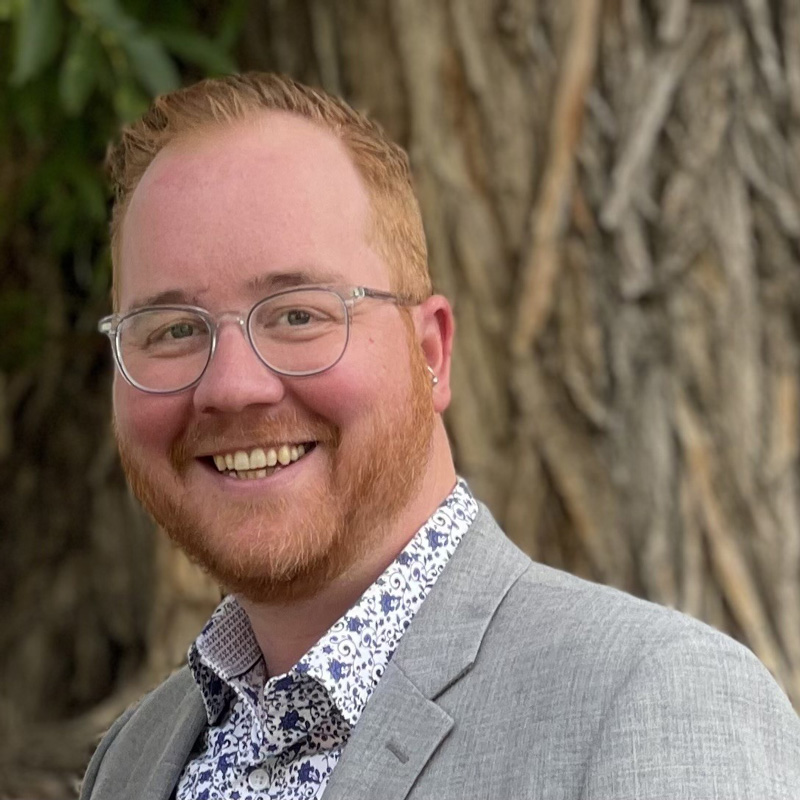
Ryan Hanschen
Community Engagement Manager
City of Boulder, Colorado
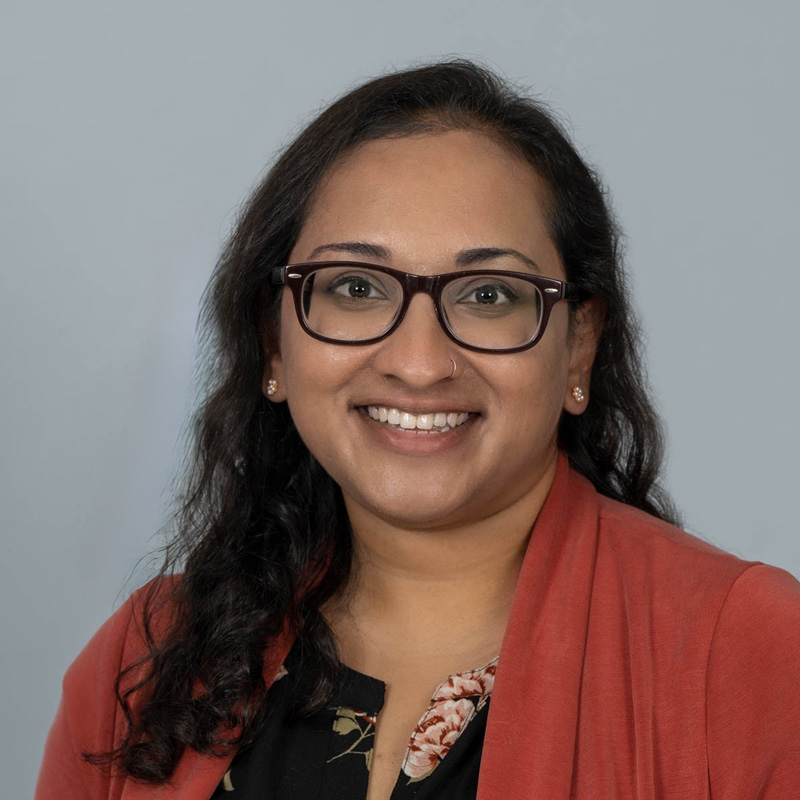
Tashfia Hasan
Senior Program Specialist, Post-Secondary and Workforce Success
National League of Cities
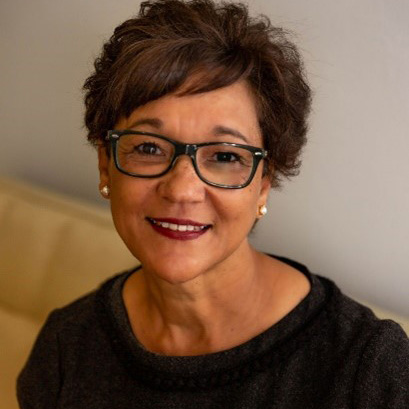
Mignonne Hollis
Executive Director
Arizona Regional Economic Development Foundation
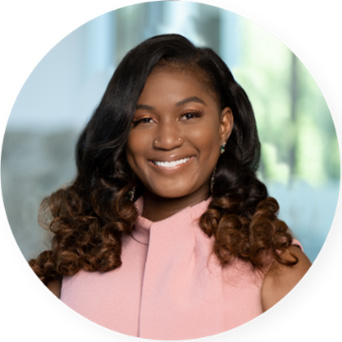
QuiAnne' Holmes
DEI Consultant
Wake County, North Carolina
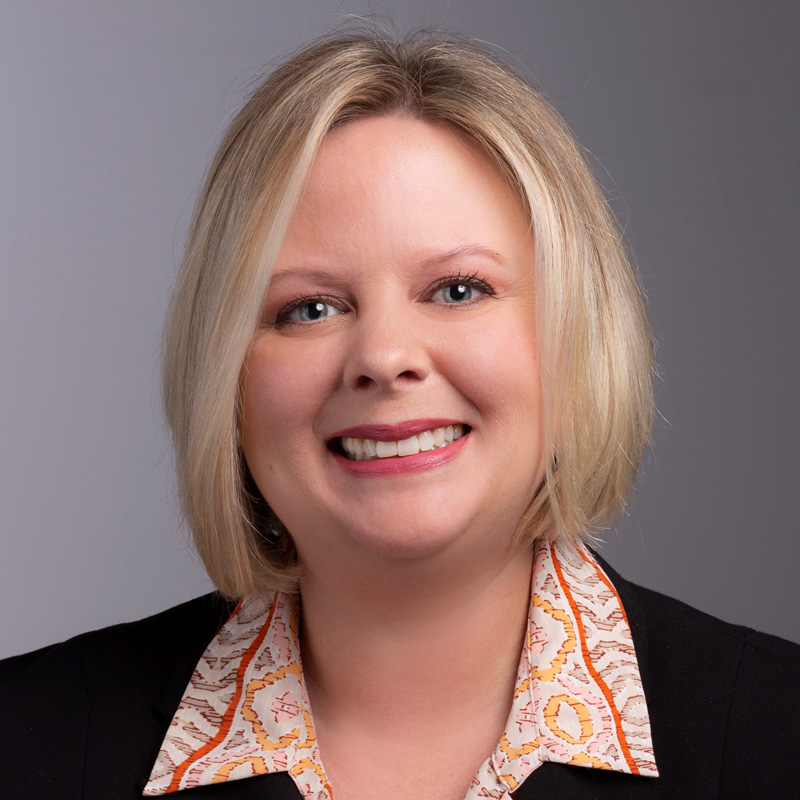
Elizabeth Jourdin
HR Manager, Equity and Organizational Effectiveness
Washoe County, Nevada
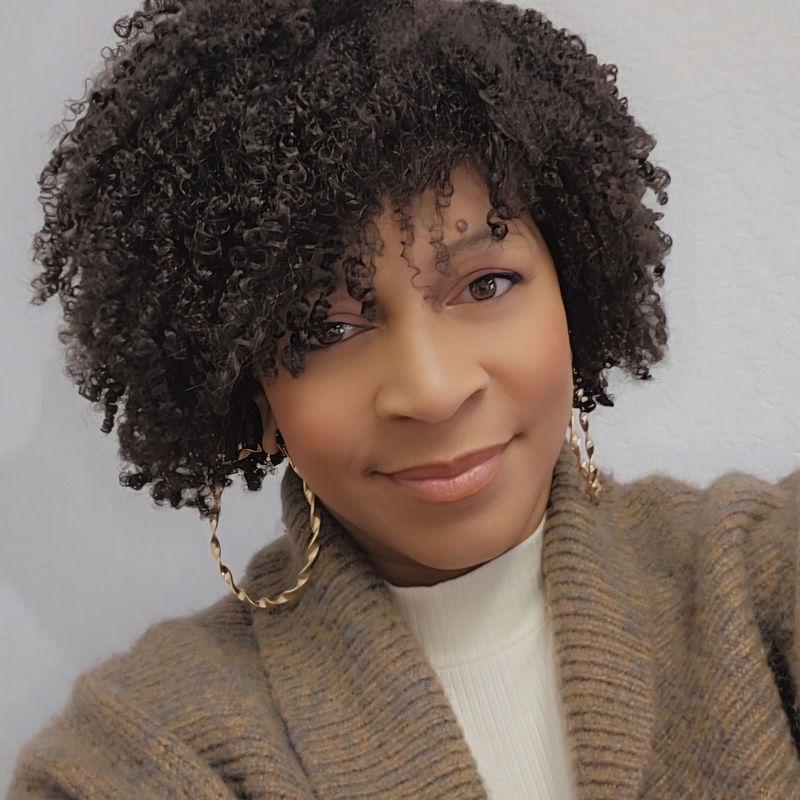
Shannon Ladner-Beasley
Contra Costa Health Equity Manager, Office of the Director
Contra Costa Health Services
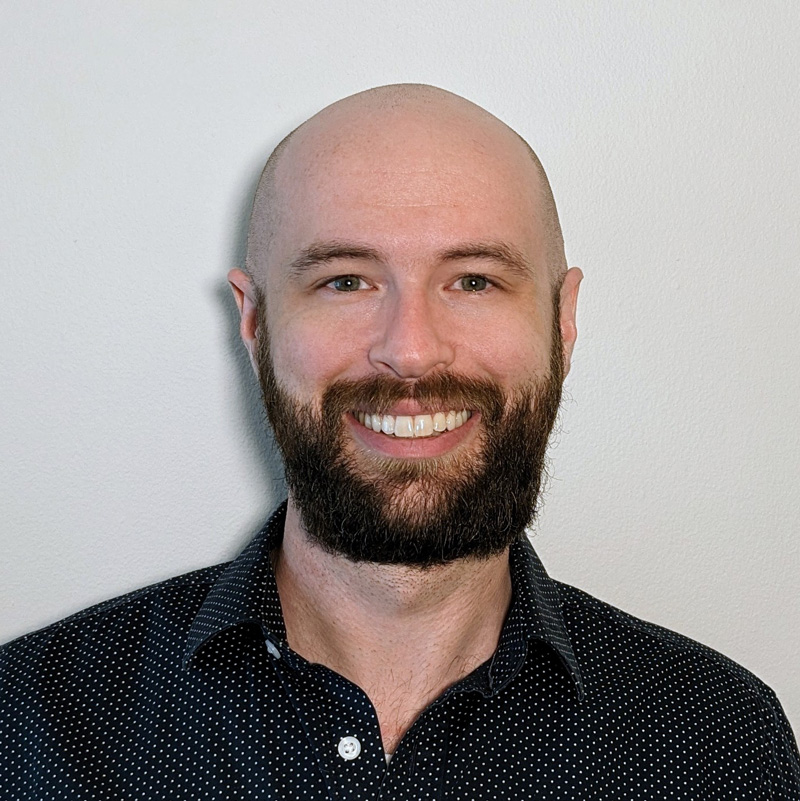
Stew LaPan
Senior IT Business Analyst
City of Boulder, Colorado
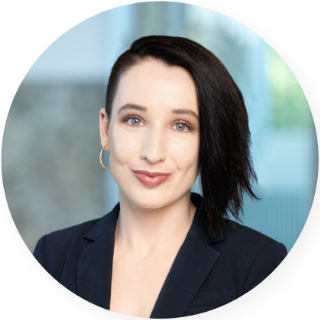
Molly Marcotte
DEI Consultant
Wake County, North Carolina
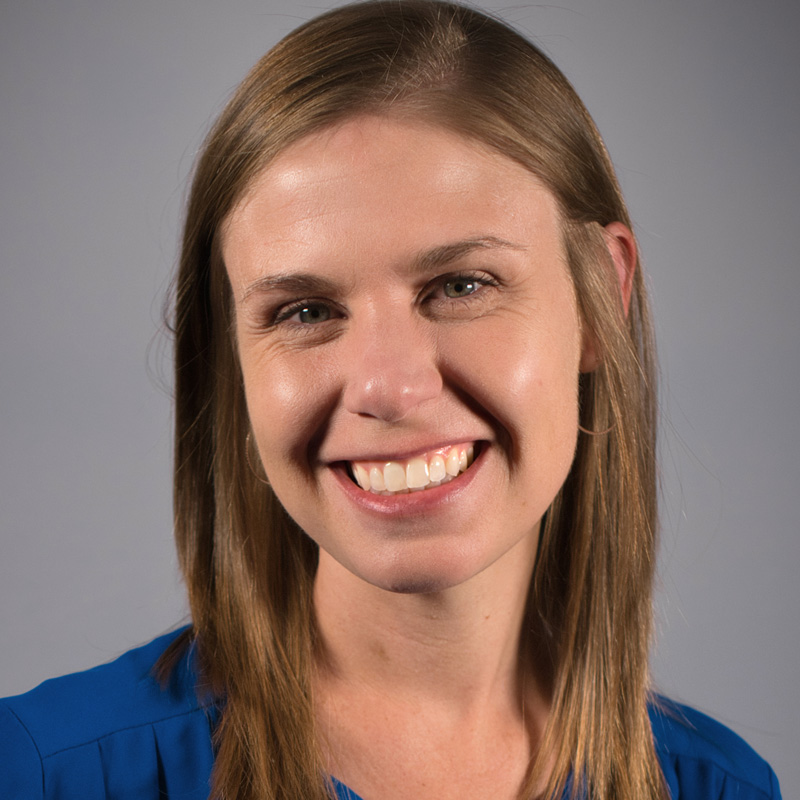
Kelly McBride
HR Program Analyst
Washoe County, Nevada
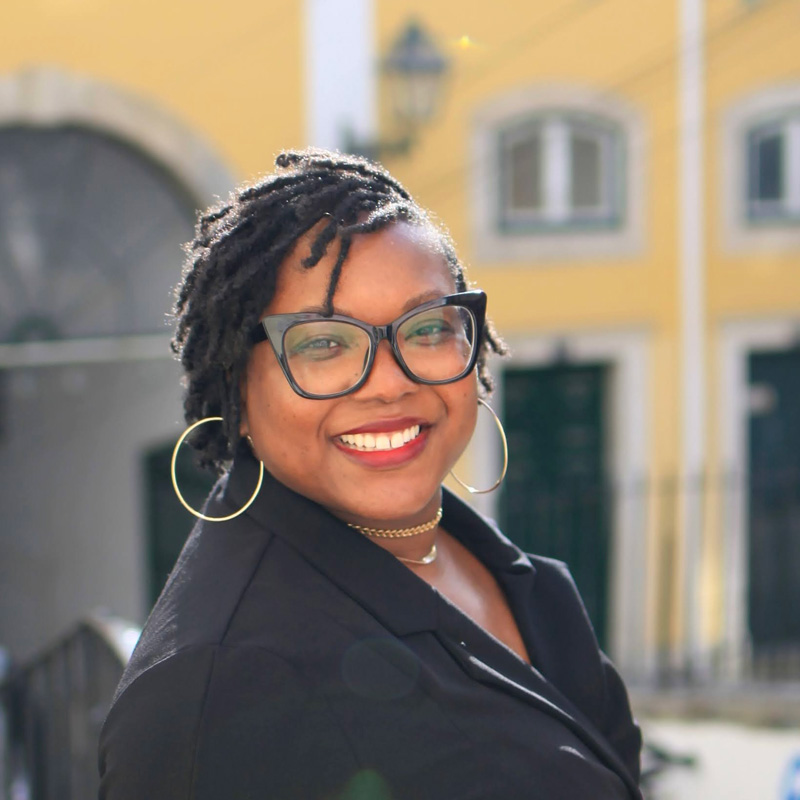
Hazel Monae
Racial Equity, Diversity, & Inclusion Manager
City of Gaithersburg, Maryland
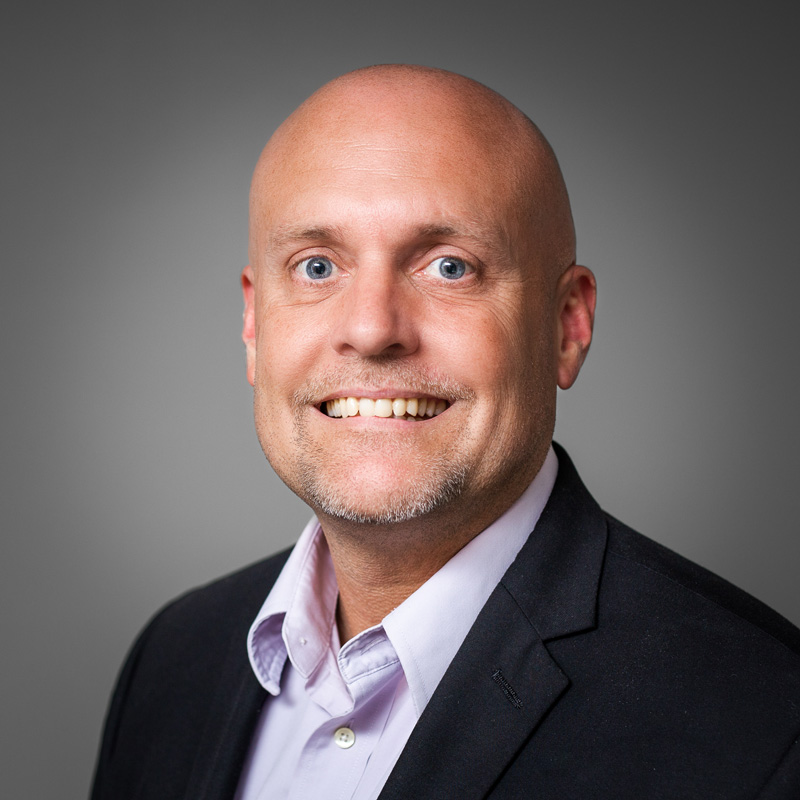
Ben Page
Parks & Recreation Director
City of Des Moines, Iowa
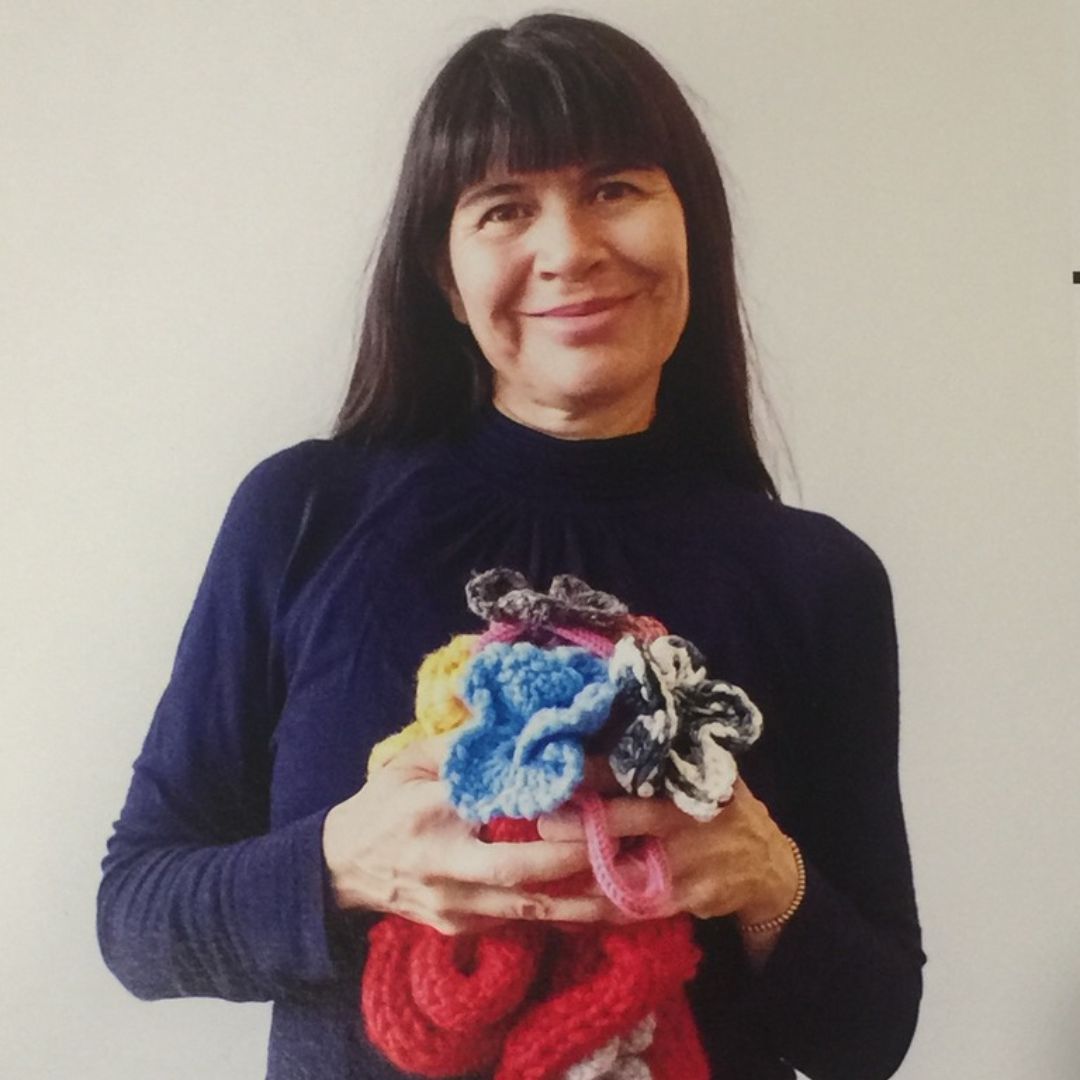
Adriana Paola
Community Connectors-in-Residence
City of Boulder, Colorado
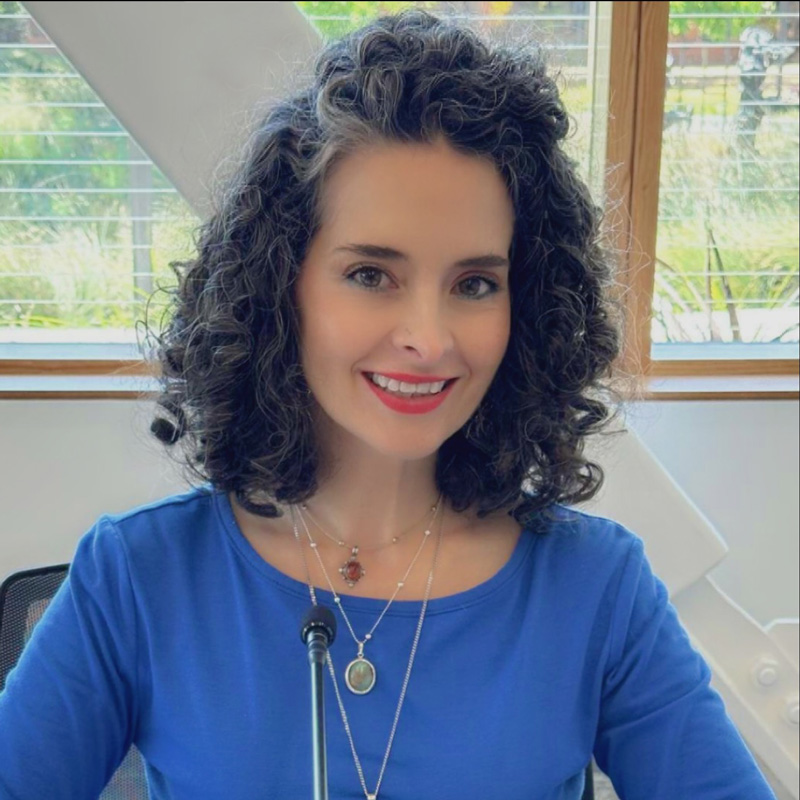
Fernada Perdomo-Arciniegas
Equity Access and Inclusion Manager
Sunnyvale, California
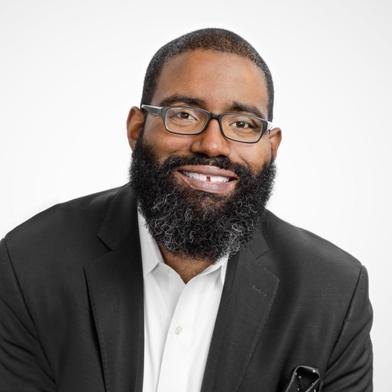
Danya Perry
Director of Diversity, Equity and Inclusion
Wake County, NC

Martine Phillipe
Director of the Office of Arts & Culture
City of Dallas, Texas
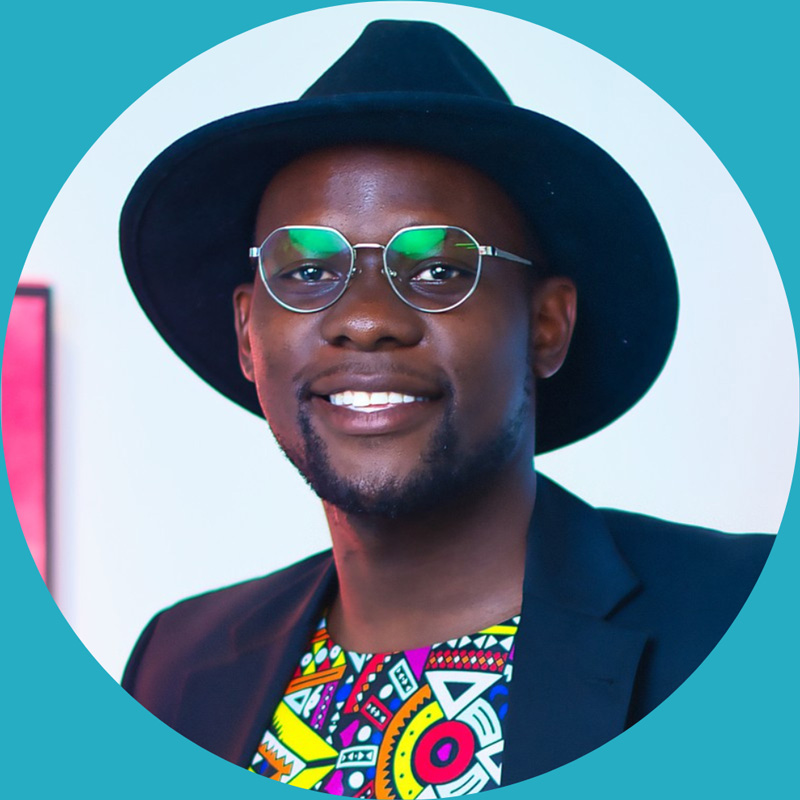
Jonah Ssenyange
Founder and CEO
Nthusa Consulting Group
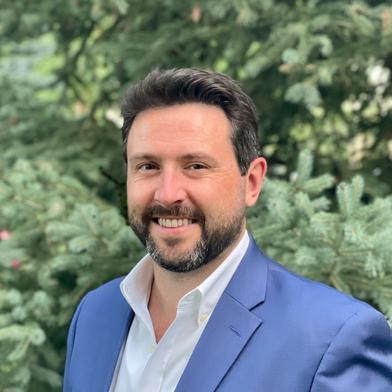
Graham Stone
Co-founder and Vice President of Government Relationships
PublicInput
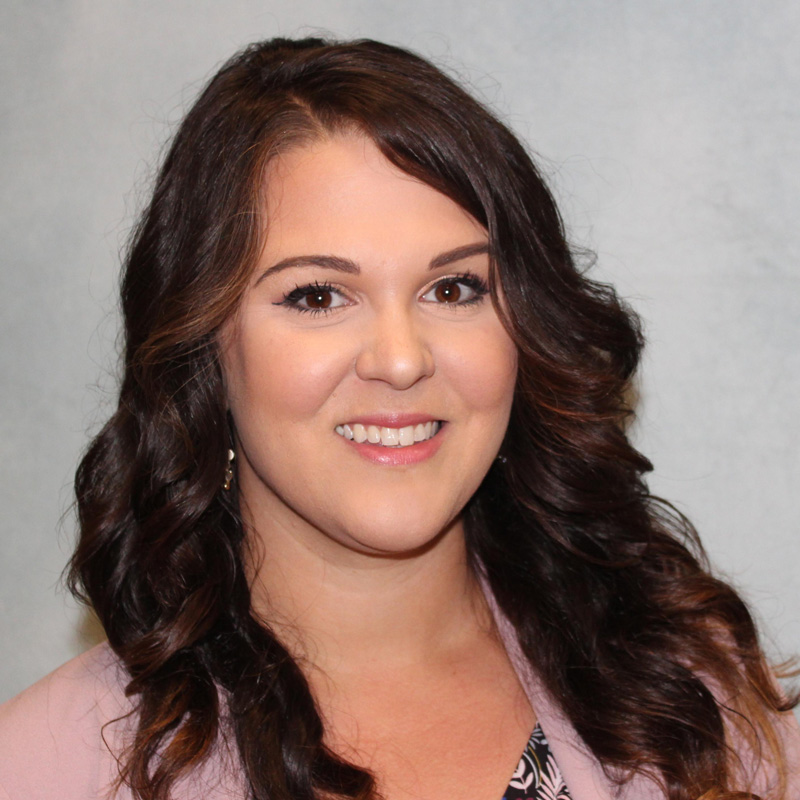
Angelica Tyler
Communications Specialist
Buncombe County
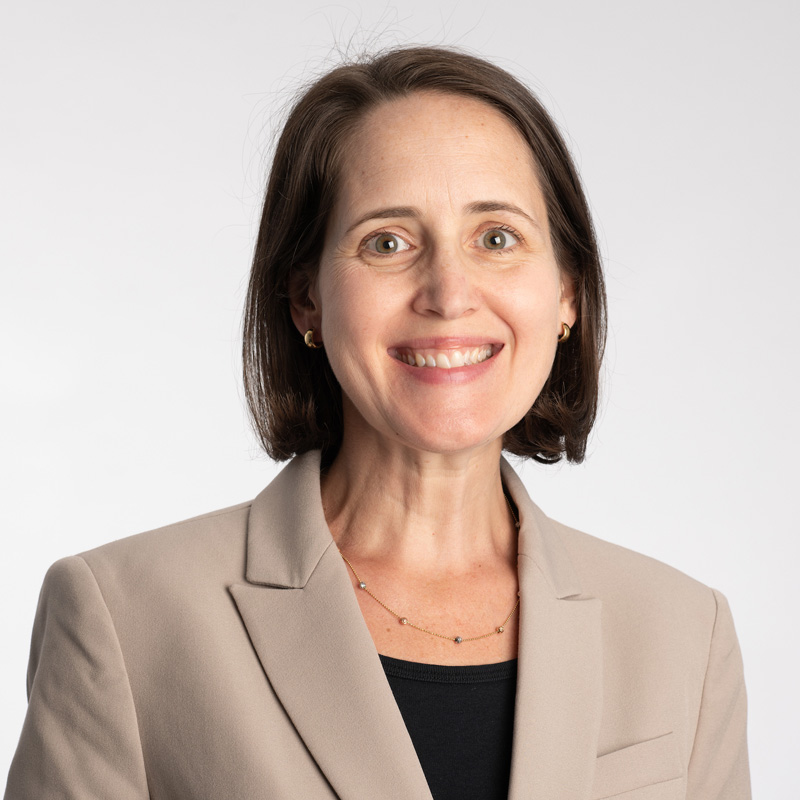
Laura Wood
Vice President of Democracy
The Local Policy Lab (LPL)
Registration
Two days of live sessions. July 25 – July 26.
With all video recordings & slides for 30-days after the event.
Become a Member! Save up to 33% with an ICMA Membership.
